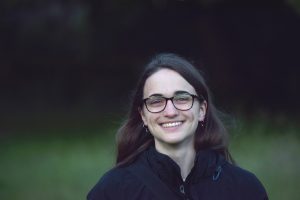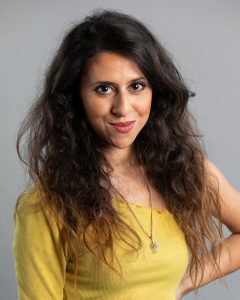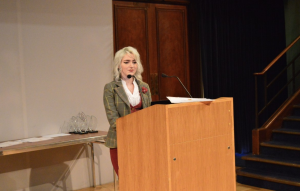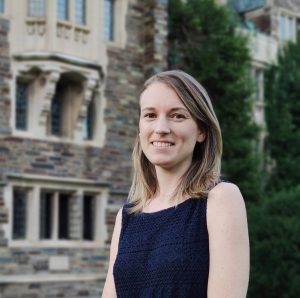
For this week’s interview we spoke with Dr. Julie Euvrard, a new Lecturer in Experimental Solid State Physics and the founder and PI of the Echoes Lab in Blackett.
As an introduction, what is your area of expertise within Physics?
My research focuses on new types of semiconductors that are alternatives to traditional silicon for various applications such as solar cells, LEDs, transistors… You might have heard of OLEDs, used in some phone and TV screens. These LEDs are made with organic semiconductors (‘O’ in OLED). Organic semiconductors are carbon and hydrogen-based molecules or polymers exhibiting semiconducting properties. They are interesting for applications requiring mechanical flexibility (you may have seen videos of foldable screens), optical transparency, and large area. Organic-based technologies also have the potential for lower fabrication costs, giving hope for cheaper solar energy solutions. It is this last application that motivates my research and helps me link my interests with societal needs.
Another class of materials I am working on are halide perovskites. Perovskites have a crystalline structure, like silicon, but are made of different atoms. The perovskites that are particularly trendy in research are composed of a mixture of atoms such as Pb and I, and organic molecules (for example CH3NH3). Hybrid organic-inorganic perovskites happen to be very good solar absorbers. Unfortunately, the lifetime of perovskite-based solar cells remains too low for commercialisation.
My interest lies in the physics of these emerging semiconductors and how it differs from traditional silicon. What you learn in semiconductor and device physics classes are key and necessary background, but it does not describe the behaviour of all materials. I use experimental tools to uncover this behaviour and relate it to what we know.
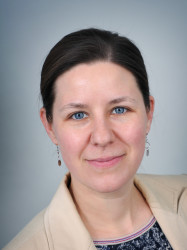
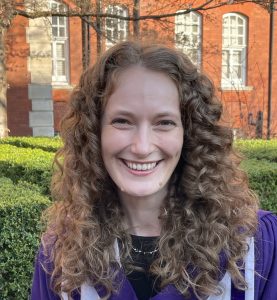
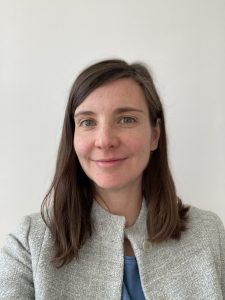
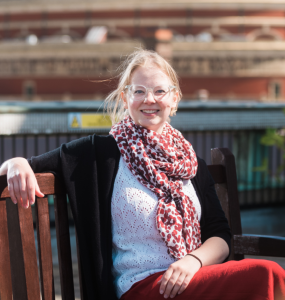
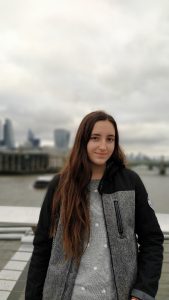
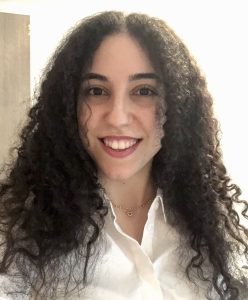 Today we’re really excited to bring you an interview with Elizabeth Pasatembou, a PhD student in the High Energy Physics group!
Today we’re really excited to bring you an interview with Elizabeth Pasatembou, a PhD student in the High Energy Physics group!